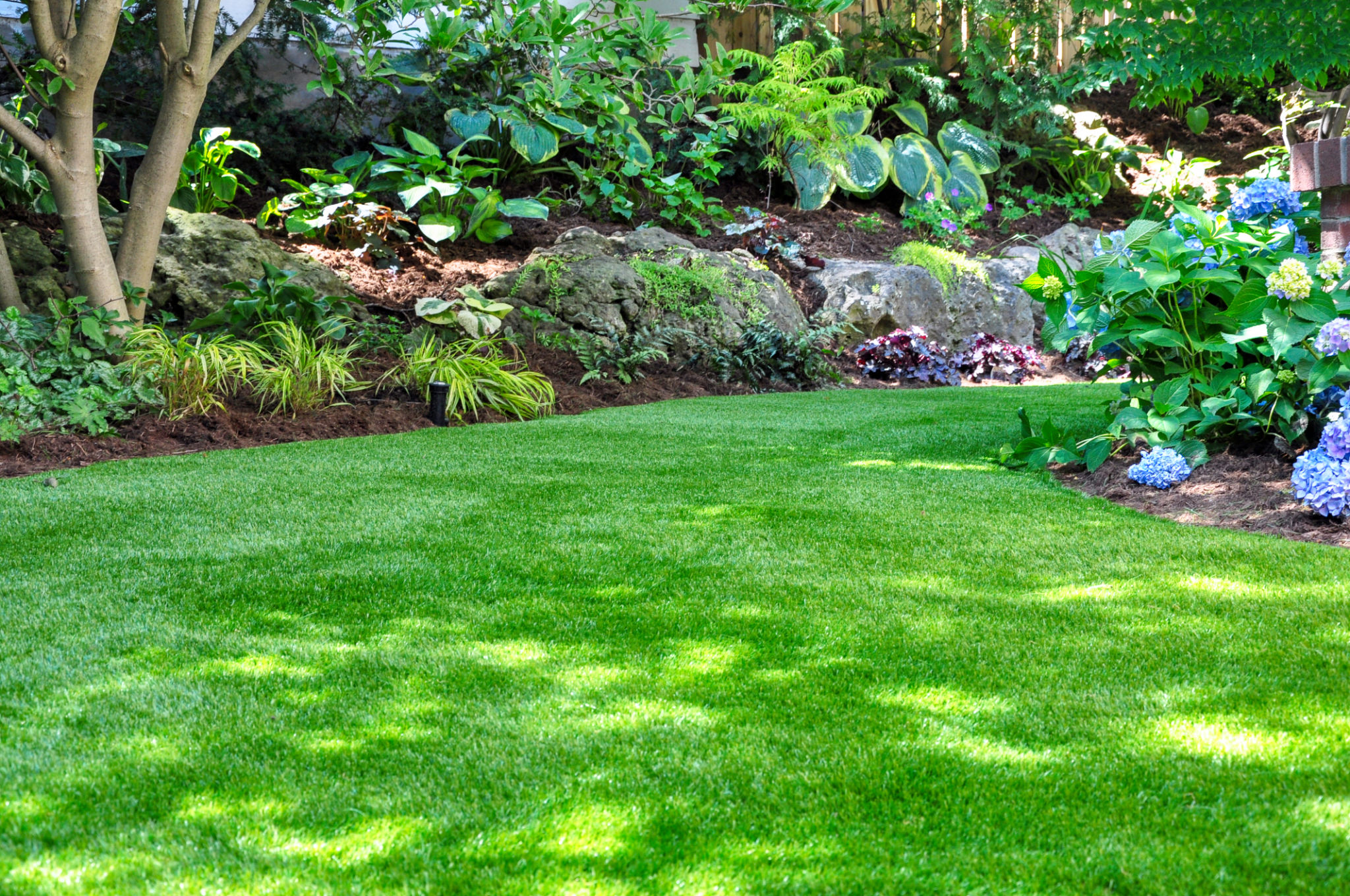Debunking Common Landscaping Myths: What Really Works
Understanding the Truth About Landscaping
Landscaping is an essential aspect of enhancing curb appeal and creating a welcoming outdoor environment. However, various myths often cloud the minds of homeowners when it comes to effective landscaping practices. These misconceptions can lead to wasted efforts, resources, and sometimes even damage to your garden. Let's explore some common landscaping myths and uncover what truly works.

Myth 1: More Water Means a Healthier Lawn
One of the most prevalent myths is that more water automatically translates to a healthier lawn. In reality, overwatering can lead to numerous problems, including root rot and fungal diseases. Lawns typically require about 1 to 1.5 inches of water per week, which includes rainfall. It's essential to water deeply and infrequently to encourage deep root growth, rather than shallow watering that only wets the surface.
Myth 2: All Fertilizers Are the Same
Many homeowners believe that any fertilizer will suffice for their plants. This is not true. Fertilizers come in various formulations tailored for different plants and soil types. Using the wrong type can lead to nutrient imbalances and can harm your plants. It's crucial to conduct a soil test to understand the nutrient needs of your garden and select the right fertilizer accordingly.

Myth 3: You Must Prune Trees in Spring
While spring is a popular time for many gardening tasks, pruning trees isn't necessarily one of them. In fact, certain trees and shrubs benefit from pruning during dormant periods in late winter. Pruning at the right time not only encourages healthy growth but also prevents disease spread and reduces stress on the plant.
The Reality Behind Mulching
Mulching is often misunderstood in landscaping. Some believe it is merely decorative, while others think more is better. In truth, mulching is a critical component of plant health management, providing benefits like moisture retention, temperature regulation, and weed suppression. However, applying too much mulch can suffocate roots and lead to pest infestations.
Myth 4: Rocks Are Better Than Mulch
Rocks are sometimes thought to be a superior alternative to mulch because they don't decompose and require less maintenance. However, rocks can absorb heat, making the soil excessively warm and potentially damaging plants. Mulch, although needing periodic replacement, adds organic matter to the soil as it breaks down, enhancing soil quality over time.

Effective Plant Selection and Placement
Choosing the right plants for your landscape is vital for long-term success. Many people make the mistake of selecting plants based solely on aesthetics without considering their environmental needs. Native plants are often overlooked despite being more resilient and requiring less maintenance than exotic species.
Myth 5: Sun-Loving Plants Can Tolerate Any Amount of Sun
Another common misconception is that sun-loving plants can thrive under any amount of sunlight. In reality, even sun-loving plants have limits and can suffer from sunburn or dehydration if exposed to excessive direct sunlight without adequate water.
By debunking these myths and adopting informed landscaping practices, homeowners can create beautiful, sustainable outdoor spaces that thrive throughout the seasons. Remember, effective landscaping is not just about aesthetics; it's about understanding and working harmoniously with nature.